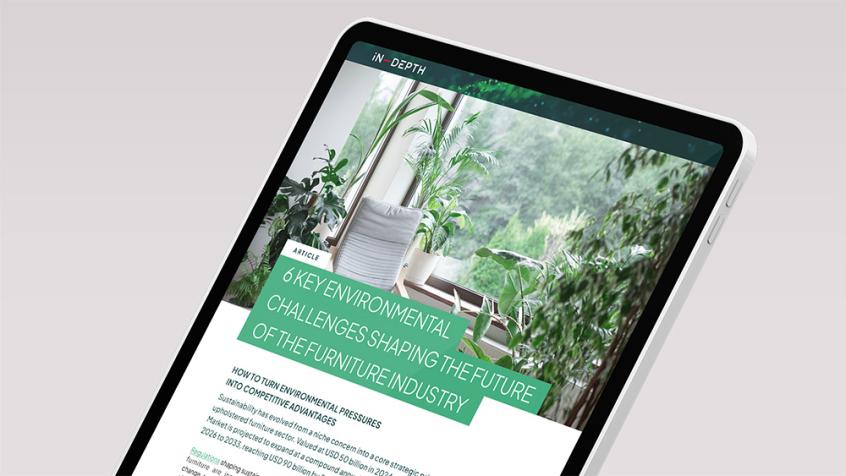Who we are

At the forefront of innovation since its founding in 1973, Lectra provides industrial intelligence technology solutions—combining software in SaaS mode, cutting equipment, data, and associated services—to players in the fashion, automotive and furniture industries. With boldness and commitment, Lectra accelerates the transformation and success of its customers in a world in perpetual motion thanks to the key technologies of Industry 4.0: AI, big data, cloud and the Internet of Things.
The Group is present in more than one hundred countries. It operates three production sites for its cutting equipment, located in France, China and the United States.
Lectra's 3,000 employees are driven by three core values: being open-minded thinkers, trusted partners and passionate innovators. They all share the same concern for social responsibility, which is one of the pillars of Lectra's strategy to ensure its sustainable growth and that of its customers
Three strategic markets and world-class customers




Automotive
Furniture
More industries
Lectra at a glance
A long-term vision to fulfill the group's potential
Premium positioning
Focus on three strategic market sectors
Customers at the heart of the activities
New 4.0 services
A commited Corporate Social Responsibility policy
Executive committee

The Lectra Observatory
The creation of the Lectra Observatory reflects our desire to contribute to this very necessary collective reflection.

Our Awards & Ratings

Deloitte Best Managed Company

Euronext Tech Leaders

EcoVadis silver sustainability rating

EthiFinance ESG ratings

Ernst & Young Top 250

Entreprise socialement responsable 2023
Work at Lectra

Latest resources






Pushing boundaries together to unlock your potential








